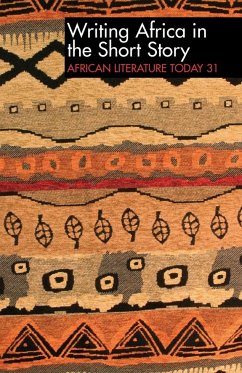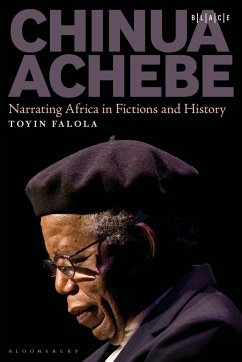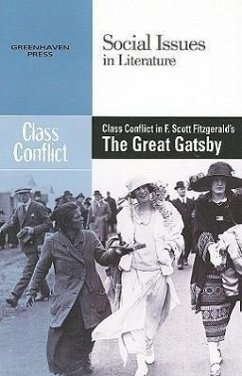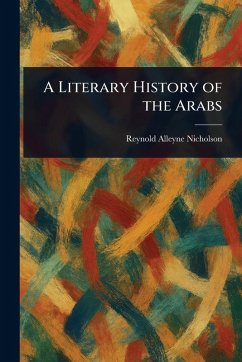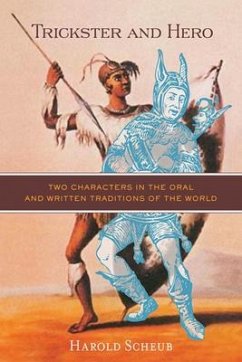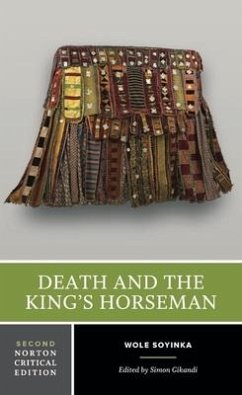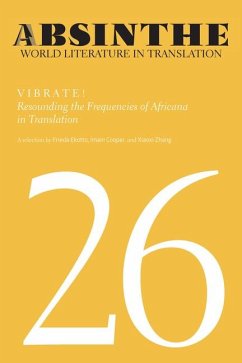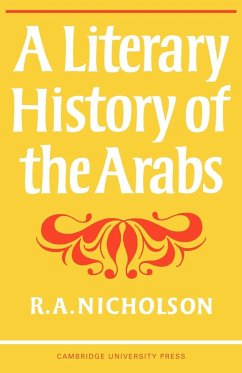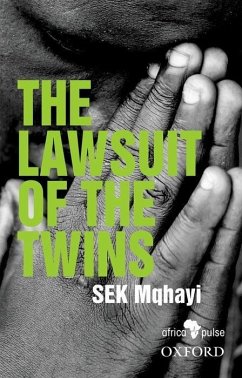
Literature of the Somali Diaspora
Space, Language and Resistance in Somali Novels in English and Italian
Herausgeber: Falola, Toyin; Adelakun, Abimbola
Versandkostenfrei!
Erscheint vorauss. 19. Februar 2026
40,99 €
inkl. MwSt.
Weitere Ausgaben:
"Building on the recent, emerging body of scholarship on world literature in multilingual contexts and the rapidly expanding field of Italian postcolonial studies, this book is the first to examine Somali literature from the diaspora with a global perspective. It examines works written in English and Italian by Somali authors, arguing that Somali literature's diasporic and multilingual dimensions make it a model for conceptualizing world literature today. Books discussed include acclaimed novels such as Nuruddin Farah's Links and Crossbones, Igiaba Scego's Adua and Cristina Ali Farah's Little ...
"Building on the recent, emerging body of scholarship on world literature in multilingual contexts and the rapidly expanding field of Italian postcolonial studies, this book is the first to examine Somali literature from the diaspora with a global perspective. It examines works written in English and Italian by Somali authors, arguing that Somali literature's diasporic and multilingual dimensions make it a model for conceptualizing world literature today. Books discussed include acclaimed novels such as Nuruddin Farah's Links and Crossbones, Igiaba Scego's Adua and Cristina Ali Farah's Little Mother"--






